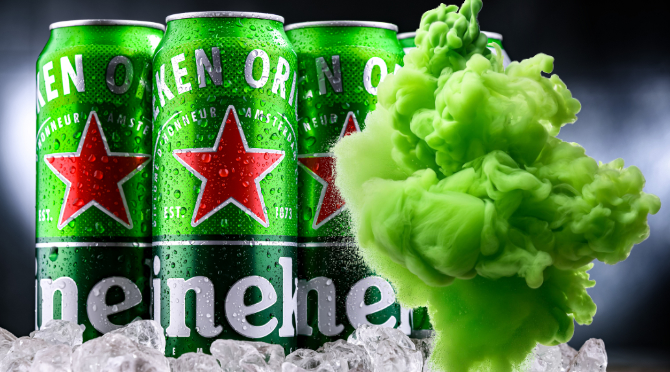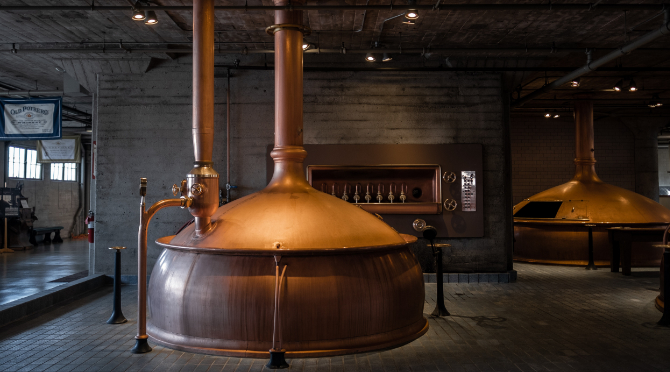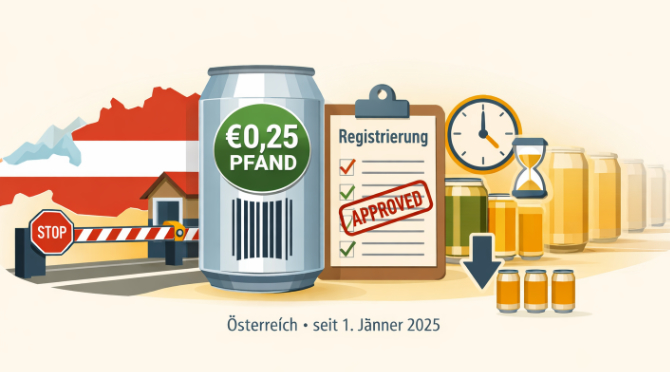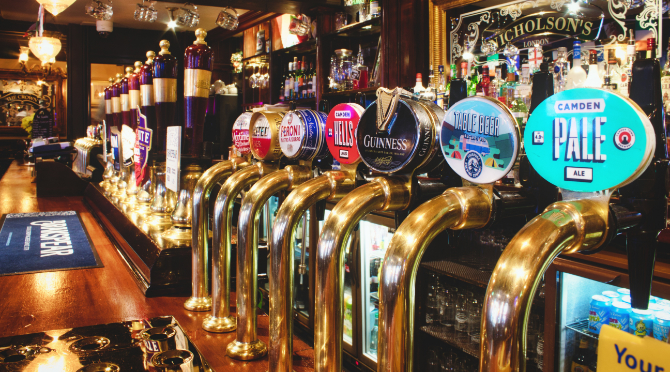
In an industry that has long relied on fossil fuels for heat, Heineken’s new project at its Portuguese brewery near Lisbon marks a genuine shift in direction. The world’s second-largest brewing group is showing that innovation in brewery technology is very much possible.
Together with Portuguese energy company EDP and U.S. thermal storage specialist RondoEnergy, Heineken is developing a large-scale heat-storage facility.
The project in brief
Process heat is one of the big, often underestimated puzzles of decarbonization. Brewing beer requires steam — reliable, affordable, and scalable. This is exactly where the project comes in: it provides green steam from renewable electricity, without reinventing the brewing process itself.
A 100 MWh thermal battery system — one of the largest in the global beverage industry — will be installed. The Rondo Heat Battery charges using intermittent renewable electricity, such as solar power or surplus grid energy, and converts it into high-temperature heat. This heat is stored in refractory bricks and released as steam when needed. The system can generate pressures above 100 bar, without combustion and with zero direct CO₂ emissions.
For the brewery, that means: moving away from fossil-fired boilers in steam generation, without major changes to the brewing process — a clear advantage in day-to-day operations.
Location and framework
Portugal offers ideal conditions: strong solar potential, stable renewable-energy policies, and growing infrastructure. This allows industries to increasingly benefit from affordable, clean electricity. The Vialonga site near Lisbon becomes a testing ground for heat that’s available exactly when it’s needed — independent of sunshine, time of day, or production load.
Business model: Heat-as-a-Service
It’s not only the technology that’s innovative, but also the contract model. Heineken will source process steam as a service, without operating the system itself. EDP handles planning, construction, and operation; Rondo Energy supplies and integrates the storage technology. This approach reduces investment barriers, lowers implementation risks, and creates predictable energy costs — in a market that has been highly volatile in recent years.
In summary
Heineken is betting on green steam — not as a symbol, but as real process heat. The 100 MWh storage facility in Vialonga is more than a pilot project: it’s a litmus test for whether decarbonization can truly reach the brewhouse.
If the model proves viable — technically, economically, and organizationally — one project could become a pathway: for Heineken, for Portugal, and for the brewing industry at large.
And in the end, the question remains the same as at the beginning:
What should the heat of tomorrow be made of — if not renewable electricity, stored and ready exactly when the wort needs to boil?
Source and photo: Heineken




Kommentare
1